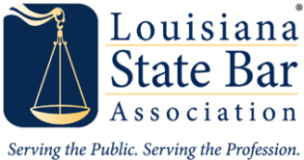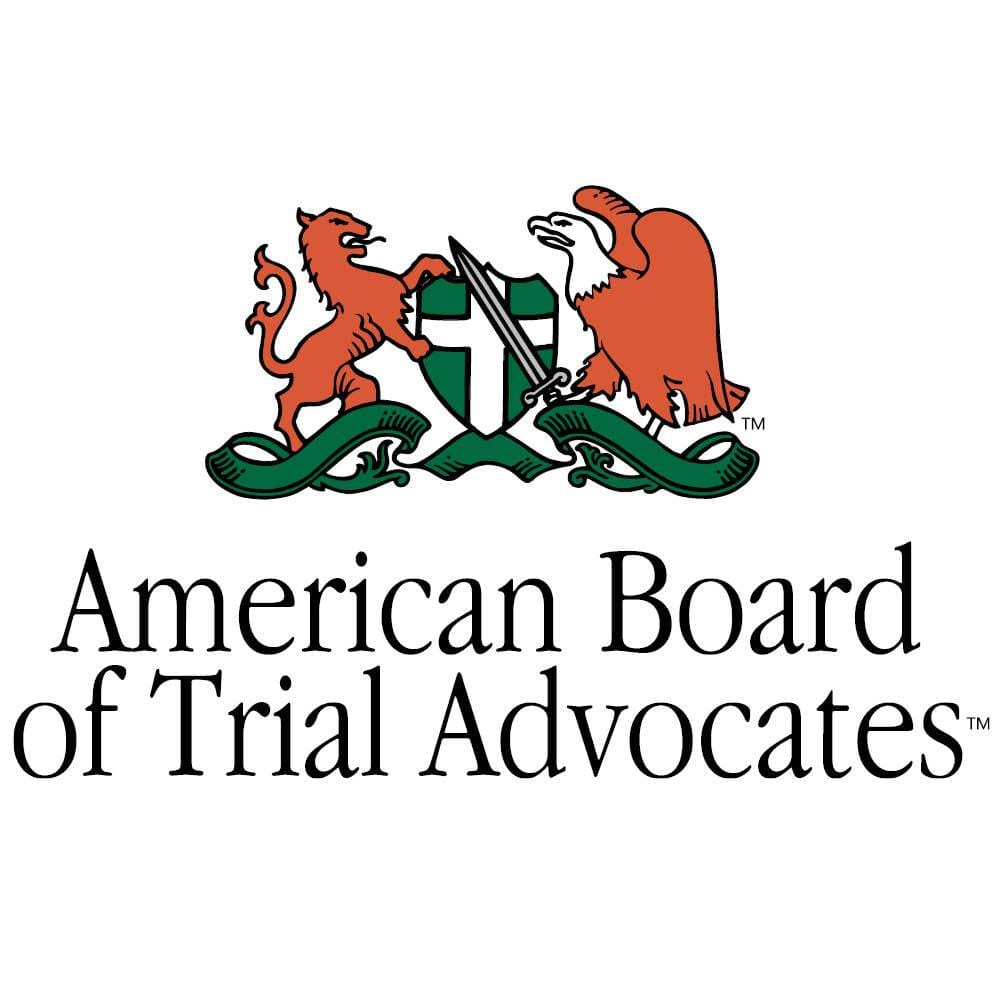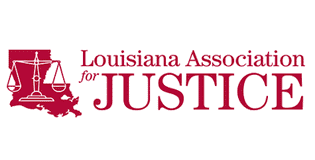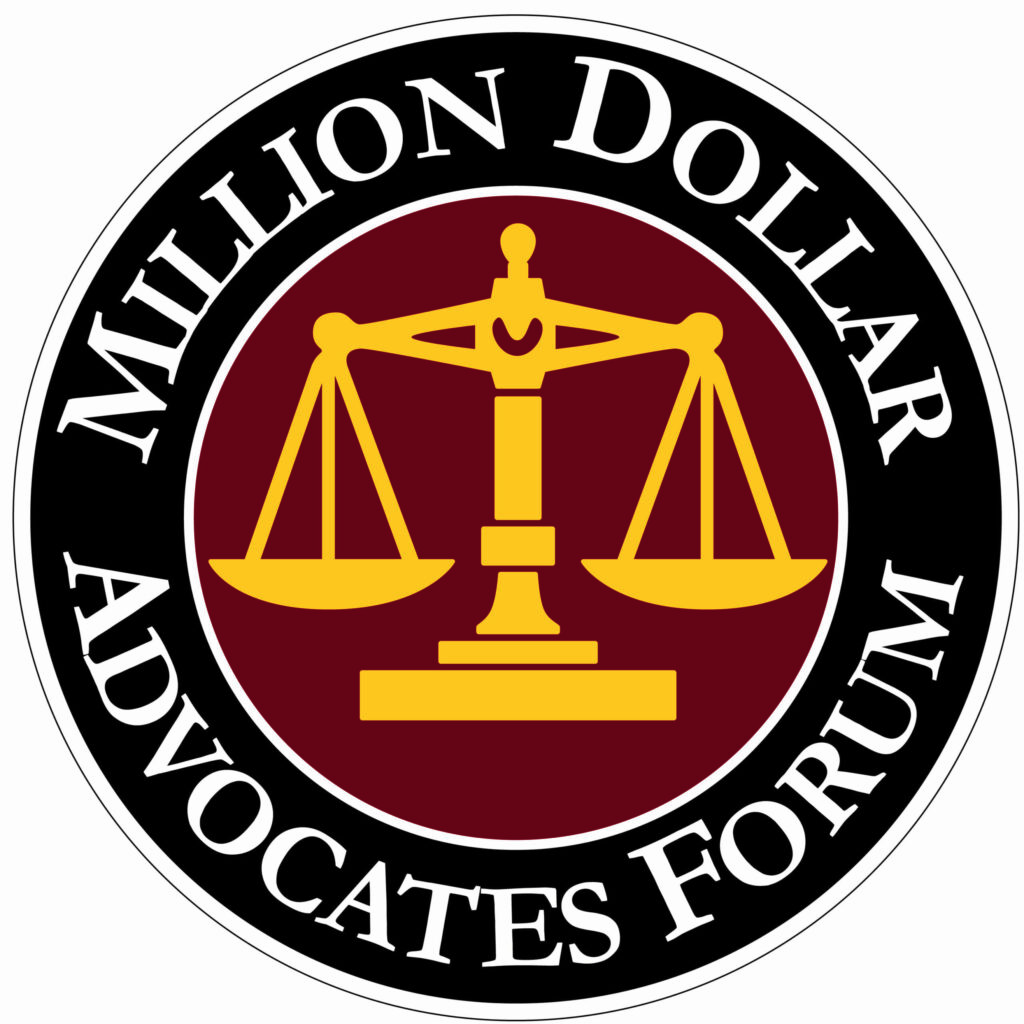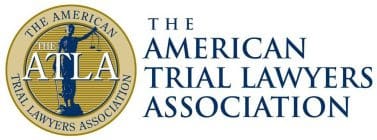Louisiana's Premier Personal Injury Lawyers
Personal Injury Accidents
When you’ve been injured due to someone else’s negligence or carelessness, the Louisiana personal injury lawyers at The Glenn Armentor Law Corporation are here to support you.
You don’t have to navigate this challenging time alone. Our dedicated team of experienced attorneys is committed to assisting personal injury victims. Since 1977, individuals and families have trusted our firm to get them the compensation they deserve.
There are no upfront fees to speak to a personal injury lawyer at our firm to determine if you have a case. Contact us today for a free case evaluation.
Personal Injury Case Types Include:
- Auto Accidents
- Slip & Falls
- Electrocutions / Explosions
- Offshore Accidents
FAQ's
If you are ever injured because of an accident, carelessness of another or through the fault of a product malfunction, you deserve to be compensated for your pain, suffering, loss of wages, and possibly even more. It’s important to not only know your rights but also to know what to do and not to do at the time the injury occurs – as well as before, during and after medical aid is administered. That’s why we have provided the following list of frequently asked questions to help you make sound decisions in case you are ever injured. And remember, if you are injured, you can always rely on The Glenn Armentor Law Corporation – where a fair settlement is no accident.
If you or a loved one were hurt because someone else acted negligently (or intentionally) and caused your injury, you may have a claim. Getting a free case evaluation is the first step.
After ensuring your health is addressed, you should document the scene (photos/videos), identify witnesses, call the police if appropriate, and seek legal advice before giving any statements to insurance companies.
It’s best not to. Insurance adjusters may use your words against you or push you to settle for less. Always consult with a personal injury lawyer first to make sure your rights are protected before giving any recorded statement or signing documents.
The statute of limitations for many personal injury accidents in Louisiana is typically one year from the date of the accident—so prompt action is important.
Keep a written daily diary of the aftermath of the accident.
- List all that happened in the accident and initial medical exams.
- Follow your progress and the problems caused in everyday life by your injuries. This will prove invaluable at your trial, which may be much later.
You may be able to pursue compensation for medical bills, lost wages, pain and suffering, future rehabilitation costs, and other losses connected to the accident and injury.
Useful evidence includes photographs or videos of the scene, names/contact info of witnesses, medical records and treatment history, police or incident reports, and documentation of wages lost or expenses incurred.
While you can negotiate on your own, you should never accept a settlement offer before consulting with an attorney — many early offers fail to fully account for future medical costs or lost earning potential
After an accident, avoid admitting fault, posting details on social media, or accepting a quick settlement offer before understanding the full extent of your injuries. These actions can seriously hurt your claim and reduce your compensation.
Get A Free Case Evaluation
Let our personal injury lawyers help you get the compensation you deserve.
Contact us today for a free case evaluation from one of our experienced attorneys.


